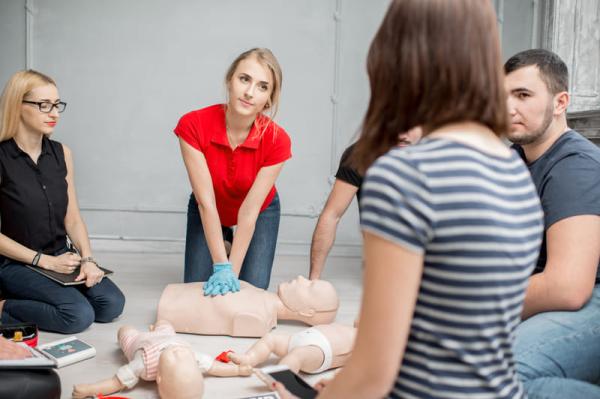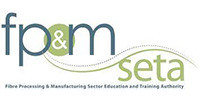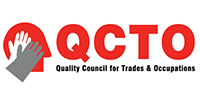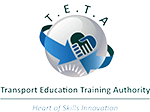specialised first aid course will be the cornerstone of your outdoor survival strategy, teaching you how to identify environmental risks, treat medical emergencies in challenging terrains, and how to do so without ending up injured yourself. This article, brought to you by EMCARE, will delve into the various benefits of outdoor specialised first aid training, looking at the way it assists both passionate individuals and professionals. Covering five distinct points, you’ll have all the information you need to secure yourself the right kind of first aid training for whatever environment you enter.
First Aid Training For Hostile Environments: Why Harsh Conditions Demand Extra Preparation
A first aid skillset is an essential preparation tool, no matter which situation you’re in. However, there are certain hazardous scenarios where it’s doubly precious. Harsh and hostile natural environments are a perfect example of these scenarios, and South Africa is replete with them. Our nation is possessed of vast swathes of hardy wilderness, where searing heat, plummeting cold meet storms, rough terrain, wild animals and more.
Having these factors at play in your environment drastically increases the chances of a medical emergency occurring. Having first aid knowledge, especially specific qualifications suited to wilderness scenarios, can be a literally lifesaving ability to have. Don’t allow yourself to be caught unprepared in the wild when disaster strikes; make the pre-emptive choice to equip yourself with this lifesaving knowledge in time.
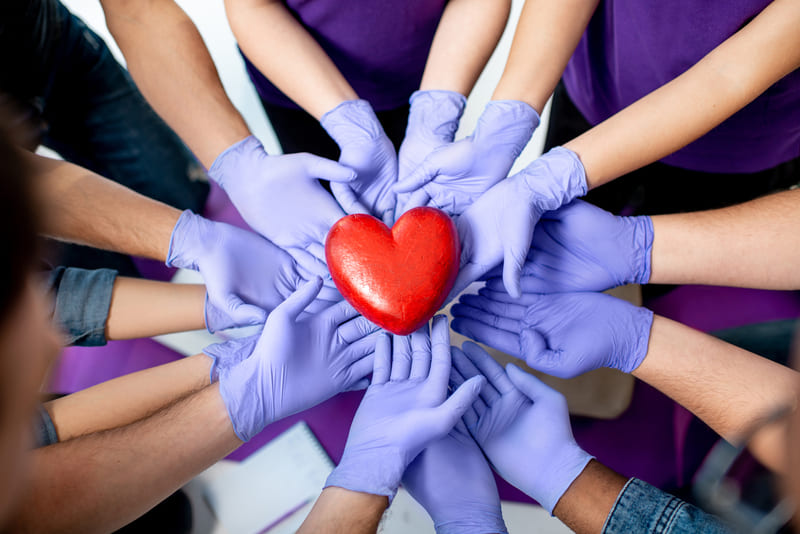
First Aid Training For Hostile Environments: Recognising Climate-Related Emergencies
When traversing through environments where you know you might face snakes, scorpions and large animals that might not be too happy to see you, it’s easy to focus on the potential risk of fang, claw and venom. The truth, however, is that these more dramatic emergencies are far rarer by leaps and bounds than simple climate-related crises.
On hot days, heatstroke, dehydration and sun exposure all bear major health risks to people in outdoor environments. The cold is a threat too, bringing on hypothermia, cold shock and frostbite, especially at high altitudes. Water itself can be a risk too, with storm and flood-related injuries not being uncommon in many of South Africa’s most rural terrains.
Your first aid course will teach you how to recognise these threats before they become outright crises. It will teach you how to monitor yourself and other people for climate-related maladies, identifying and addressing them before they develop further. You’ll also learn to monitor the environment itself, recognising signs of oncoming hazardous weather and forming an appropriate response.
First Aid Training For Hostile Environments: Essential Skills You’ll Learn
A first aid course specialising in the outdoor environment will include an array of relevant skills to help you conquer the outdoors safely. Key kills that differentiate a specialist course will revolve around injuries more likely to occur in rugged and rural terrains, such as fractures, breaks and sprains. Of course, there’s plenty of attention paid to the aforementioned climate-related conditions, such as heatstroke, hypothermia and dehydration.
You’re likely to also learn about animal bites and stings, dealing with not only the topics of bleeding, but also envenomation and allergic reactions. A general principle that surrounds all of these skills is environmental awareness, stressing the importance of careful evaluation before leaping into action. In these hazardous conditions, it’s important that the rescuer tread carefully and keep an eye open for lingering threats, lest they join the patient they’re trying to save in their distress.
First Aid Training For Hostile Environments: Practical Training For Real-Life Scenarios
While it is certainly true that theory holds a host of valuable information, it’s equally true that no first aid course is complete without a strong practical element, especially not for an outdoor-centred course. Your first aid training will encapsulate a variety of hands-on simulations of real-world emergencies you might encounter out in the wild, pushing you to the limits of not only your knowledge but also your physical abilities.
Not only will this physically and psychologically prepare you for overwhelming situations, but you’ll also learn what it’s like to perform rescues when your resources are limited. While challenging on a variety of levels, doing exercises such as these will help students build not only ability but also the confidence to perform rescues under pressure.
First Aid Training For Hostile Environments: Preparing Teams For Remote Work
A first aid course specialising in outdoor-based scenarios bears plenty of advantages to an individual; it empowers them to explore the world more freely and safely, with confidence to boot. However, companies can also benefit from these courses. Any company that oversees work done in an outdoor environment absolutely requires its staff to be prepared for medical emergencies in these environments.
Specialised first aid training is the best way to ensure compliance with safety rules and regulations, as well as boost morale and increase productivity. By training staff, you’ll be reducing the risk to their lives and well-being, keeping them in top form even in these wild and isolated areas. EMCARE is adapted to teaching its courses to both individuals and companies, making us the perfect choice of partner.

Be Prepared With EMCARE’s First Aid Training
First aid is essential to those looking to brave the great outdoors, whether they’re doing so for personal reasons or in a professional pursuit. To gain the most from this course, they ought to undergo specialised training tailored for outdoor environments. In these risk-prone areas, one needs to know how to effectively treat medical emergencies while not ending up injured themselves.
This requires a course that takes into consideration the environmental-related hazards one is likely to face, and how to tackle them with situational awareness. These skills will be ingrained using a combination of theoretical and practical knowledge. For the best first aid training, seek out EMCARE and book your own course today, allowing you to conquer the wilds without fear.

